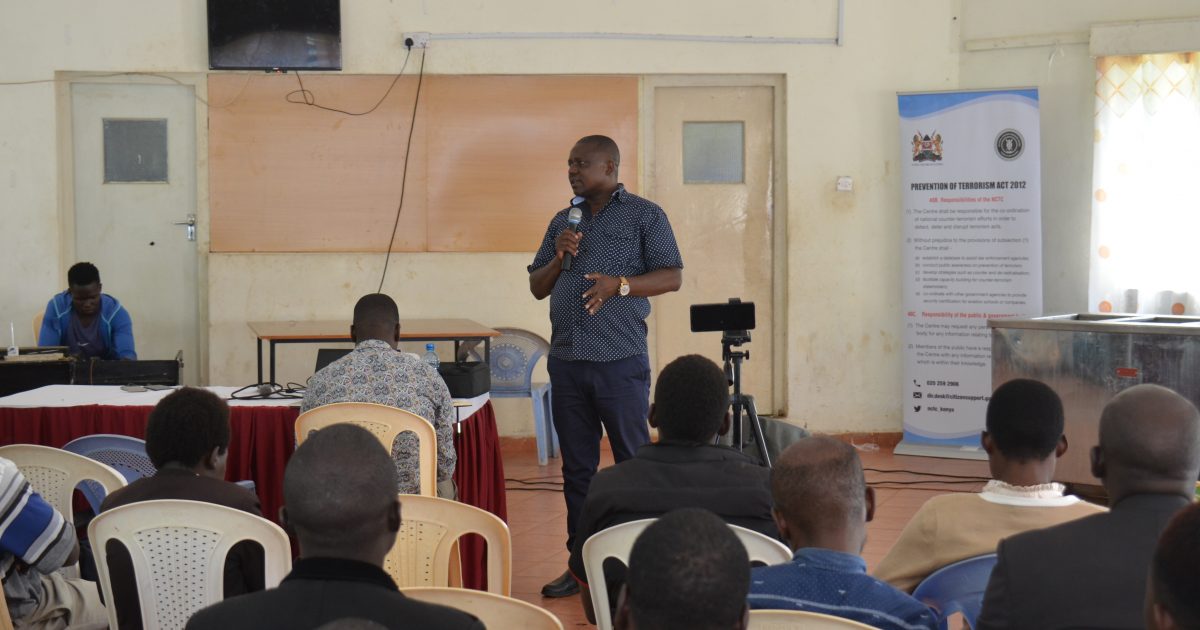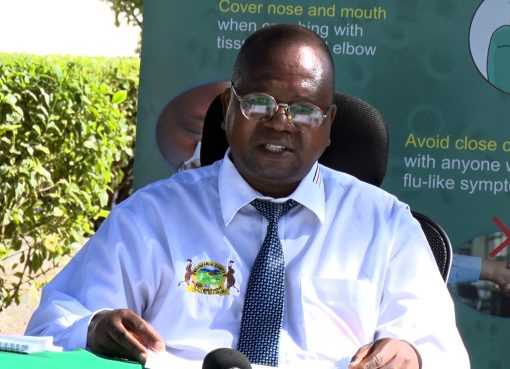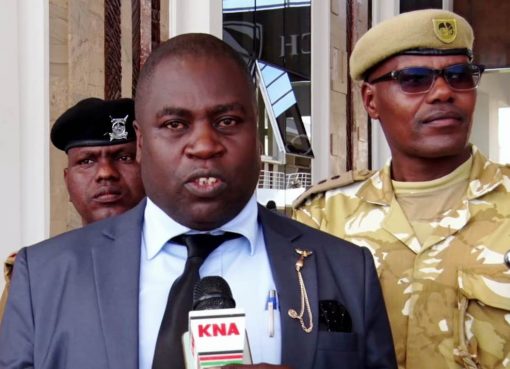Poverty, joblessness, drug abuse and community trust deficit in the police sector are some of the factors that have led to youth recruitment into violent extremism.
Speaking during a training and sensitisation forum on preventing and countering violent extremism dynamics, the Head of Prevention and Resilience National Counter Terrorism Centre (NCTC) Major Samson Manu said that every sector holder was equally important in the fight against violent extremism.
The forum which brought together Journalists from the counties of Migori, Homa Bay, Kisii and Nyamira focused on journalists’ terror reporting.
Major Manu urged the fourth estate to desist from propagating violent messages that may glorify terror acts.
He called upon the younger generation to reject terrorist messages and asked the media to help the country in condemning the violent extremism content. Manu pointed out that the mandate of NCTC was to coordinate the National Counter Terrorism efforts to detect, deter and disturb terrorist acts for the protection of the country.
The Prevention of Terrorism Act No. 30 of 2012 stipulates that a person who conspires to commit a terrorist act abroad while in Kenya or with a person in Kenya commits an offence and is, on conviction, subject to a maximum of 20 years of imprisonment.
The official urged the media to blackout terrorist attempts to use their media platforms and cut links for glorying such acts that may led or cause harm to the general public.
Manu emphasised that media was a major pillar in the fight against violent extremism because people are influenced by what the media gives out.
“I urge all the youths to desist from peer pressure that can destroy their lives. None of the terror perpetrators that the government has captured has ever admitted that they were paid a certain amount of money. Monetary value is a fantasy and tactic being used by terror groups to lure youths to such criminal acts, said Manu.
Director, Media Training and Development at the Media Council of Kenya (MCK) Victor Bwire appreciated the role of media in the Prevention and Counter of Violent Extremism (PCVE).
He, however, was concerned about the manner in which some of the media outlets reported cases of violent extremism. Mr. Bwire urged the media to correct on how they report terror acts by focusing on the act rather than describing the events.
“Media should not be seen as if they are glorifying the terror acts which are illegitimate acts against humanity”, said Mr. Bwire.
Champion for Peace Movement Director Elly Opondo acknowledged that it was important to capacity build and improve structural development at grassroots levels to counterattack extremism among the youths.
He disclosed that terrorist recruiters have embraced digital platforms that are popular among the young and it was important for the NCTC to adapt to the new strategies being deployed by the terror perpetrators.
He said that the narrative being employed by the terrorist recruiters included religion, ethnicity, education and joblessness among the Kenyan youths.
Mr. Opondo said that they will work closely with the Media Council of Kenya (MCK) to come up with a competitive feature and documentary proposal on how to monitor extreme terror messages on all media platforms.
In addition, Maseno University Don Dr Tom Mboya said that the media as a pillar in the fight against terrorism should be able to identify the drivers of violent extremism. Dr Mboya who is also a researcher in governance and security noted that investigative journalism was cutting-edge in exposing terrorist acts way before they can be hatched into dangerous acts.
“Corruption, criminal gangs, school unrest and social economic exclusion are some of the major drivers of violent extremism among the Kenyan youths”, noted Mboya.
The educationist pinpointed that burning of schools witnessed across the country last year was a driver of violent extremism and urged the NCTC to work closely with the education sector to prevent the youths from upgrading to extremism.
Mboya encouraged the media industry to bring in the element of critical thinking in terms of analysing and reporting terror acts and other violent extremism. He noted that the co-production of security from the media industry together with other partners was a key ingredient in softening the violent extremism messages.
In attendance was Migori County Commissioner Meru Mwangi who added that countering violent extremism was the only way to achieving a peaceful nation. Mr. Mwangi said that peace was as a result of collaboration of all sectors and should not be seen as a preserve for the police.
By Geoffrey Makokha




